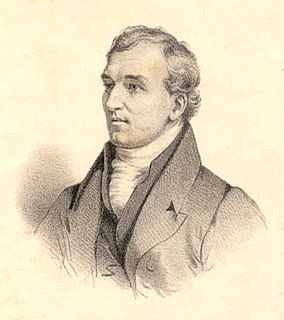A Quote by Alan Stern
By going to Pluto, we have a chance to anchor, with real data, models of the early evolution of Earth's atmosphere.
Related Quotes
Have the models been successful in predicting anything? They, of course, predict substantial global warming. This is not surprising given the expressed belief of some of the model builders in the global warming Hypothesis and the many parameters in the model that need to be introduced. However, the models also predict unambiguously that the atmosphere is warming faster than the surface of the earth; but all the available observational data unambiguously shows the opposite!
We like the ambiance and atmosphere, and we felt really early that... I mean, of course, Air is an electronic band, but we are doing so many real recordings and the studio is so important for the sound. The acoustics create atmosphere and emotion. Also we want to be independent, we don't want to be obliged to go into a commercial studio and only stay one week because it's really expensive. We want to be able to give a chance to a song, and to spend a lot of time in the studio.
For the theory-practice iteration to work, the scientist must be, as it were, mentally ambidextrous; fascinated equally on the one hand by possible meanings, theories, and tentative models to be induced from data and the practical reality of the real world, and on the other with the factual implications deducible from tentative theories, models and hypotheses.
Things do look pretty grim, but I think there are more laughs in Hellboy in Hell than there are in B.P.R.D.: Hell on Earth. I think Hell is getting nicer and Earth is getting worse. Once we figured out what we were doing, the whole point of the Hellboy/B.P.R.D. stuff has always been evolution. The kind of evolution we're seeing on Earth is nasty evolution - part of this kind of evolution is that you have to wipe out what was there before you can replace it.
If even one country, an Iceland for example, defects from this global legislative bargain and says no, we're not going to enforcement mass surveillance here. We're not going to do that. That's where all of the data centres, all the service providers in the world will relocate to. And I think that gives us a real chance to see a more liberal than authoritarian future.
All Plutophiles are based in America. If you go to other countries, they have much less of an attachment to either the existence or preservation of Pluto as a planet. Once you investigate that, you find out that Disney's dog Pluto was sketched the same year the cosmic object was discovered. And Pluto was discovered by an American.



































